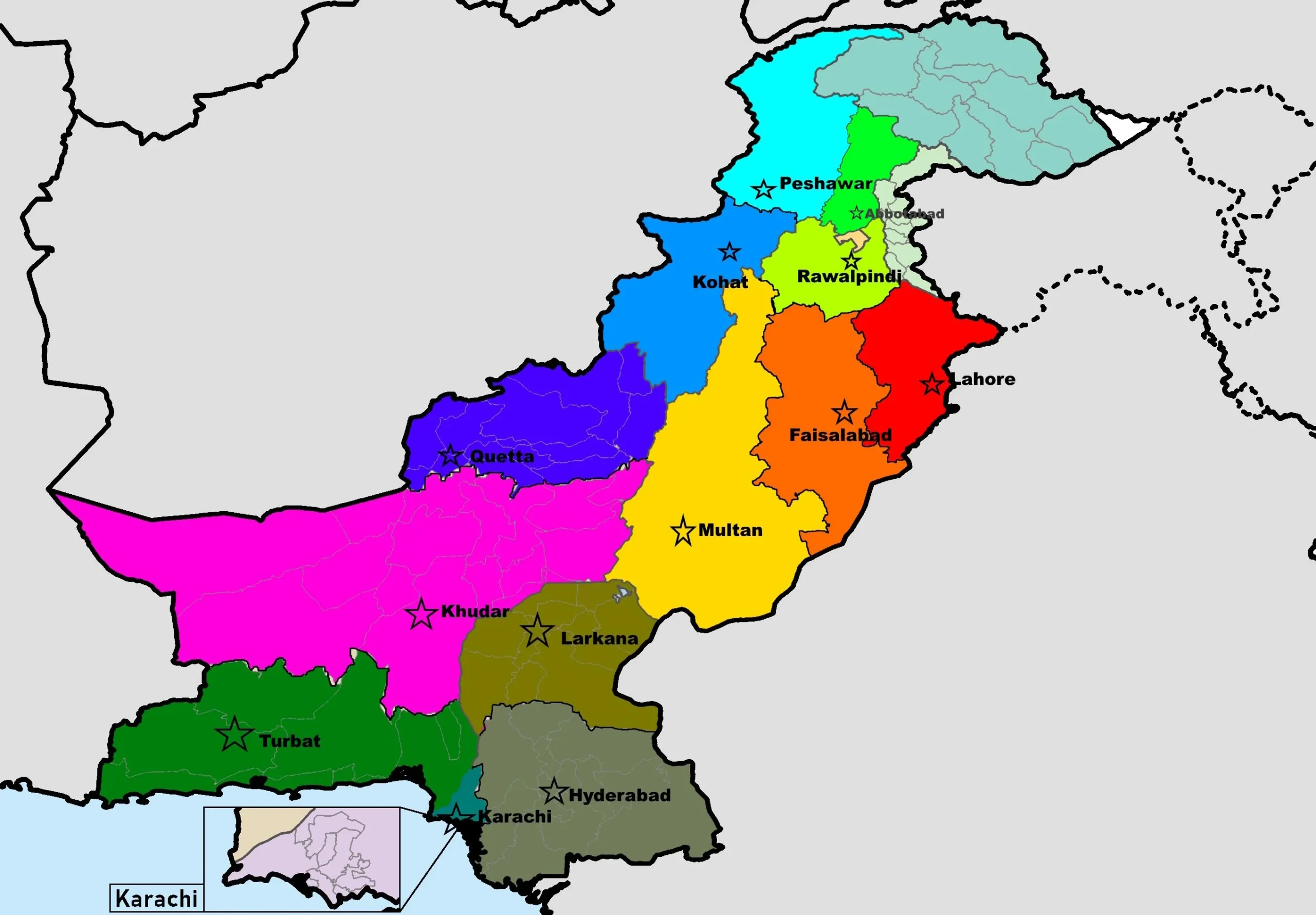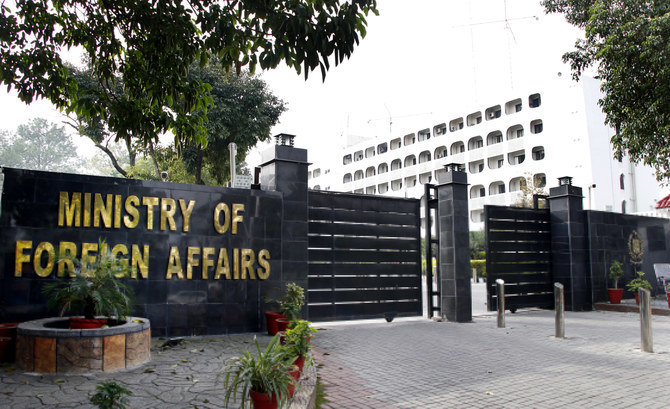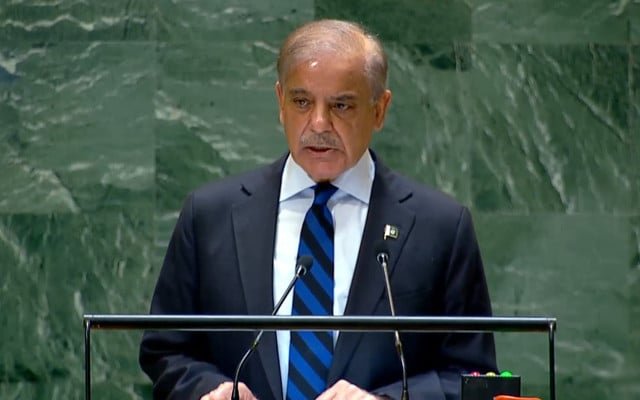Pakistan’s Finance Minister, Muhammad Aurangzeb, revealed on Sunday that the country held discussions with the International Monetary Fund (IMF) last week about its $7 billion bailout reform plan. These talks, which took place during an unscheduled IMF staff visit, focused on key reforms in areas such as taxation, the energy sector, privatization of loss-making state-owned enterprises (SOEs), and public finance. Aurangzeb emphasized that the government does not plan to introduce new taxes.
The visit occurred just six weeks after the IMF approved Pakistan’s bailout package, which is a rare move as the IMF usually discusses reforms only after reviewing the country’s progress under the loan program. The first review of Pakistan’s reforms is scheduled for the first quarter of 2025.
In a recorded video statement broadcast on state-run PTV, Aurangzeb said the discussions were productive, with the IMF expressing encouragement over Pakistan’s commitment to economic reforms under the Extended Fund Facility approved by the IMF’s board in September. However, the IMF did not specify any weaknesses, although sources in Pakistan’s finance ministry indicated that some significant issues had triggered the IMF’s visit.
One of the main concerns highlighted by the IMF was a shortfall of nearly Rs190 billion ($685 million) in revenue collection during the first quarter of the current fiscal year. Additionally, there was a $2.5 billion external financing gap, and Pakistan’s attempt to privatize its national airline had failed. These issues led to concerns that Pakistan might need to raise taxes to close the budget gap. However, Aurangzeb reassured that the revenue shortfall would be addressed through stronger enforcement of existing tax laws rather than new tax measures.
Aurangzeb stated, “We are going to be very firm on compliance and enforcement,” underscoring that all sectors would need to contribute to the economy’s recovery. The IMF also stressed the importance of continuing prudent fiscal and monetary policies and mobilizing revenue from untapped tax bases.
Pakistan’s $350 billion economy has long struggled with economic instability, requiring multiple IMF bailouts since 1958. The country remains under pressure to implement effective reforms to stabilize its finances and reduce vulnerabilities.















